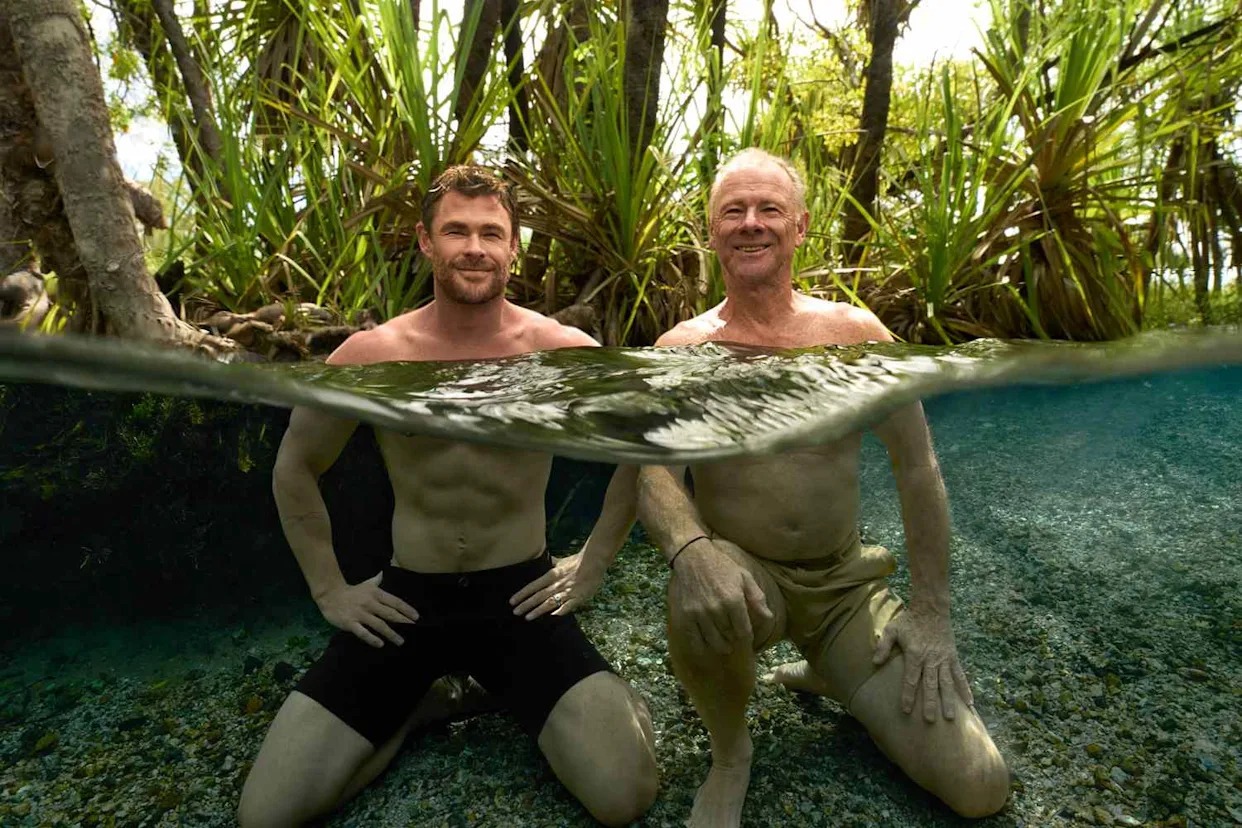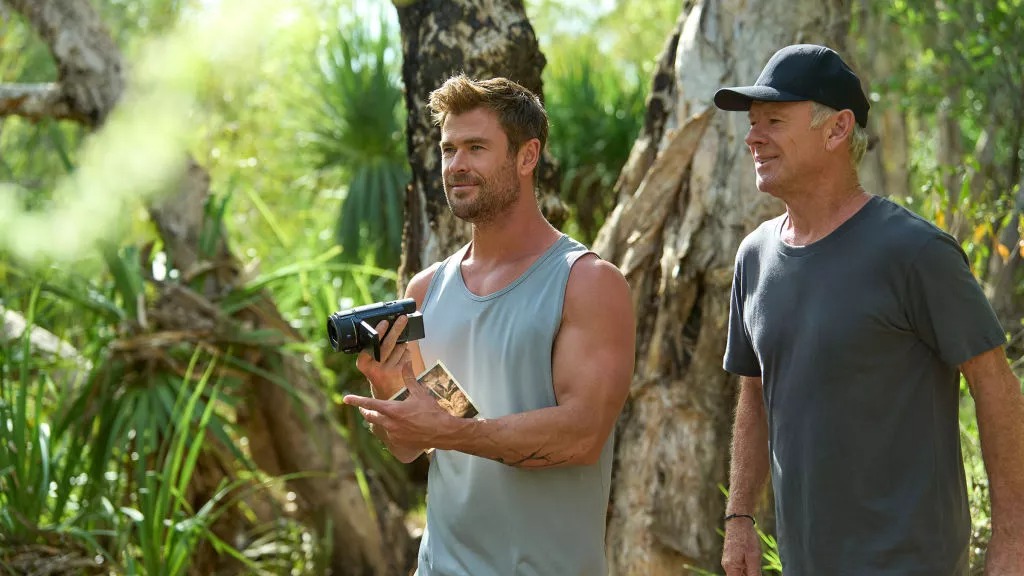
There are documentaries that inform, documentaries that entertain, and then there are documentaries that quietly break you open and put something hopeful back in its place. Chris Hemsworth: A Road Trip to Remember belongs in that rare category. I attended a special screening at the Australian Embassy in Washington, D.C., and it is no exaggeration to say there was not a dry eye in the room.
For just under an hour, the film delivers a deeply personal, unexpectedly intimate exploration of memory, family, and the fragile threads that hold our stories together. What begins as a father-son motorcycle adventure quickly becomes one of the most emotional projects Chris Hemsworth has ever shared with the world.
“My Dad and I had always spoken about taking a trip back to the Northern Territory, where our family had lived years ago, but we had never been able to set aside the time to actually do it,” said Chris Hemsworth. “More recently the idea of taking that road trip reemerged with more pressing importance. The result was a more profound, more moving, and more surprising journey than I ever anticipated.”
A Story Rooted in Love, Legacy, and Honest Vulnerability

The documentary follows Chris and his father, Craig Hemsworth, on a journey sparked by Craig’s Alzheimer’s diagnosis. Viewers know Chris as a global superstar, a superhero, and a charismatic public figure. This documentary reminds us he is also a son who is scared, hopeful, committed, and determined to understand the man who raised him.
Craig’s condition is present, sometimes visibly and sometimes subtly, yet the film finds immense beauty in the moments where he is alive, present, laughing, telling stories, or simply enjoying the company of his son. There is tenderness, nostalgia, and a sense of rediscovery that never feels manufactured.
Reconnecting Through the Places That Shaped Them
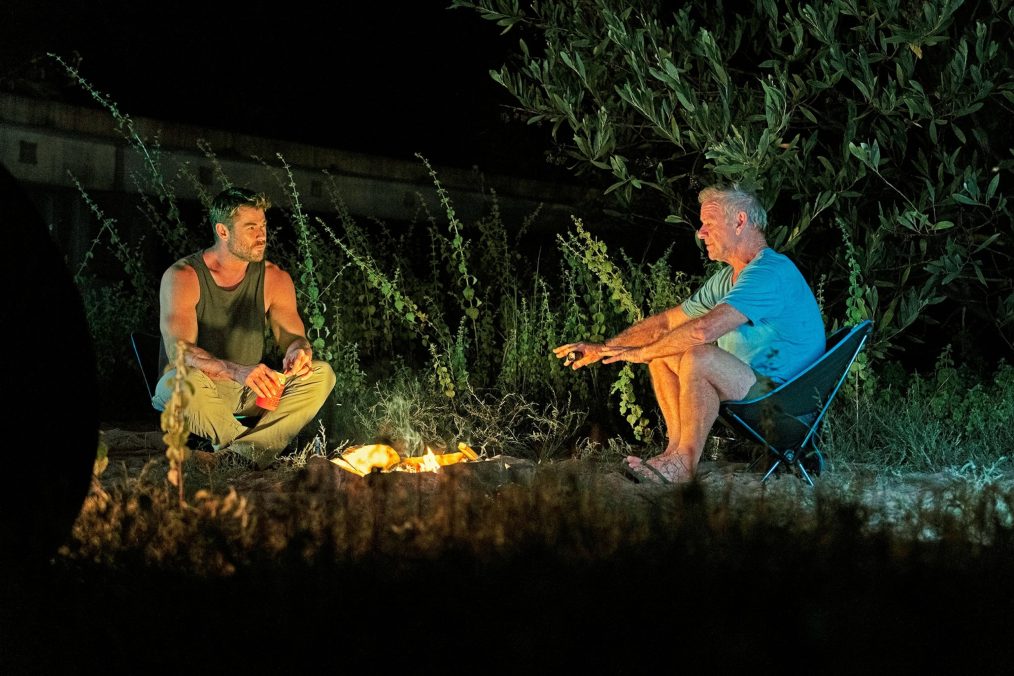
One of the documentary’s most stunning sequences arrives when Chris brings his father back to their childhood home, which the team restored to look exactly as it did when the Hemsworths lived there. Every detail was recreated. The clothing. The furniture. The pictures. Even the curtains.
It is like stepping inside a memory.
As soon as Craig enters the home, his eyes shift. A warmth rises in him, and memories begin to reawaken. The house becomes a catalyst for reconnection, and watching Chris experience his father rediscover pieces of his past created one of the most emotional moments I have seen in a documentary all year. Many people in the screening were visibly moved. This is the power of reminiscence therapy made real, not theoretical.
A Journey Through Community, Culture, and Childhood Roots
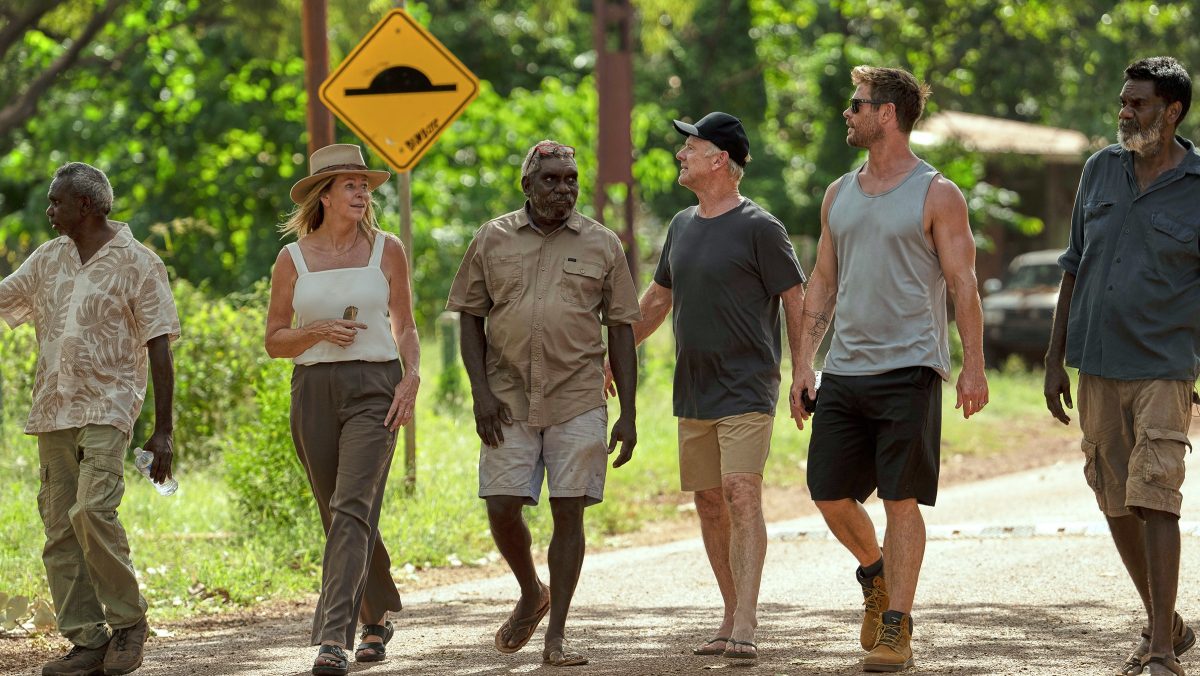
The road trip leads them through some of the most meaningful places in Chris’s life, including the remote Aboriginal community of Bulman, where he spent part of his childhood. Chris has often described this period as some of his happiest early memories, and the film beautifully honors that connection.
From Bulman to Phillip Island, the documentary highlights how deeply community shaped Chris. Watching father and son reconnect with old friends and shared landscapes captures a simple truth: happiness is often tied to people, not things.
Seeing Chris and Craig riding bikes, joking with each other, teasing, and reliving the small moments felt like watching two boys being boys again. The nostalgia hits immediately.
Science of Connection, Memory, and Healing

Guided by clinical psychologist Dr. Suraj Samtani, the film weaves essential research into its structure without ever becoming clinical. Instead, it uses honest conversation and stunning visuals to explain three vital pillars of brain health:
Reminiscence Therapy
Revisiting past experiences, locations, or objects helps activate memory and cognition, and the film showcases this organically through Craig’s responses.
Social Connection
Meaningful social interaction helps reduce early mortality and slow cognitive decline. Chris and Craig’s shared adventure is a living demonstration of this principle.
Social Bridging
Participating in community-based activities fosters belonging, which strengthens emotional health. The film highlights this through interactions with First Nations communities and long-time acquaintances.
The documentary teaches without preaching and informs without overwhelming. It strikes the perfect balance.
A Beautifully Shot and Thoughtfully Crafted Film
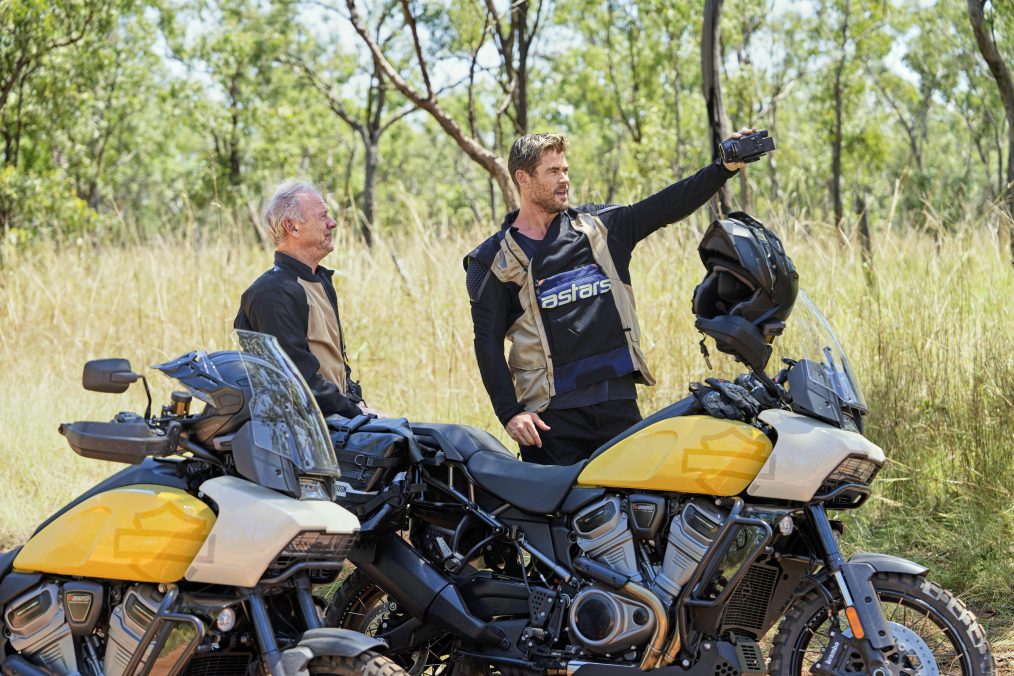
The landscapes of Australia are breathtaking. The cinematography offers wide, sweeping views paired with intimate handheld moments that mirror the emotional contours of the journey. Chris even films parts of the adventure himself, giving the documentary a raw, personal quality.
The pacing is smooth. The interviews are sincere. The emotional beats land with power. For a documentary that runs under an hour, it feels surprisingly layered.
A Message That Stays With You

This film is not just about Alzheimer’s. It is about how families hold on to each other when memories begin to loosen. It is about showing up. It is about re-learning what matters. And it is about the heartbreaking and healing truth that love often looks like patience, honesty, and a willingness to walk beside someone even when the path is unfamiliar.
Chris Hemsworth: A Road Trip to Remember is one of the best documentaries of the year. Warm, moving, enlightening, and quietly profound.
Exclusive Interview | Chris Hemsworth: A Road Trip To Remember | Filmmakers & Experts
Editor-in-Chief | Owner
I’m a dedicated aficionado of all things movies, pop culture, and entertainment. With a passion for storytelling and a love for the silver screen, I’m constantly immersed in the world of cinema, exploring new releases, classics, and hidden gems alike. As a fervent advocate for the power of film to inspire, entertain, and provoke thought, I enjoy sharing my insights, reviews, and recommendations with fellow enthusiasts.

